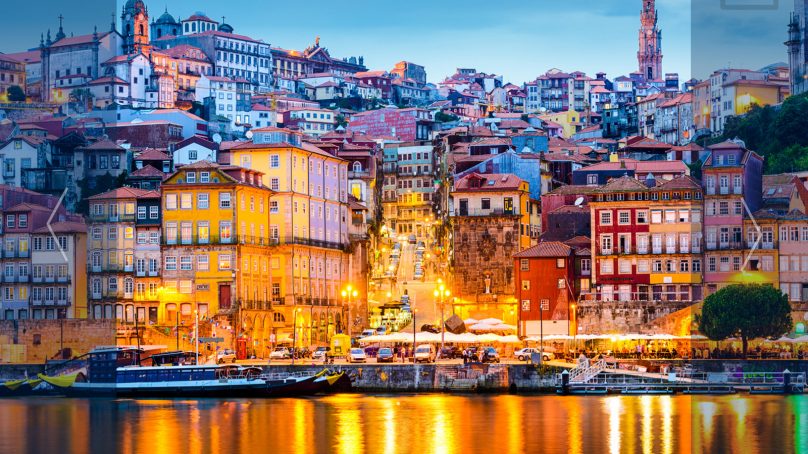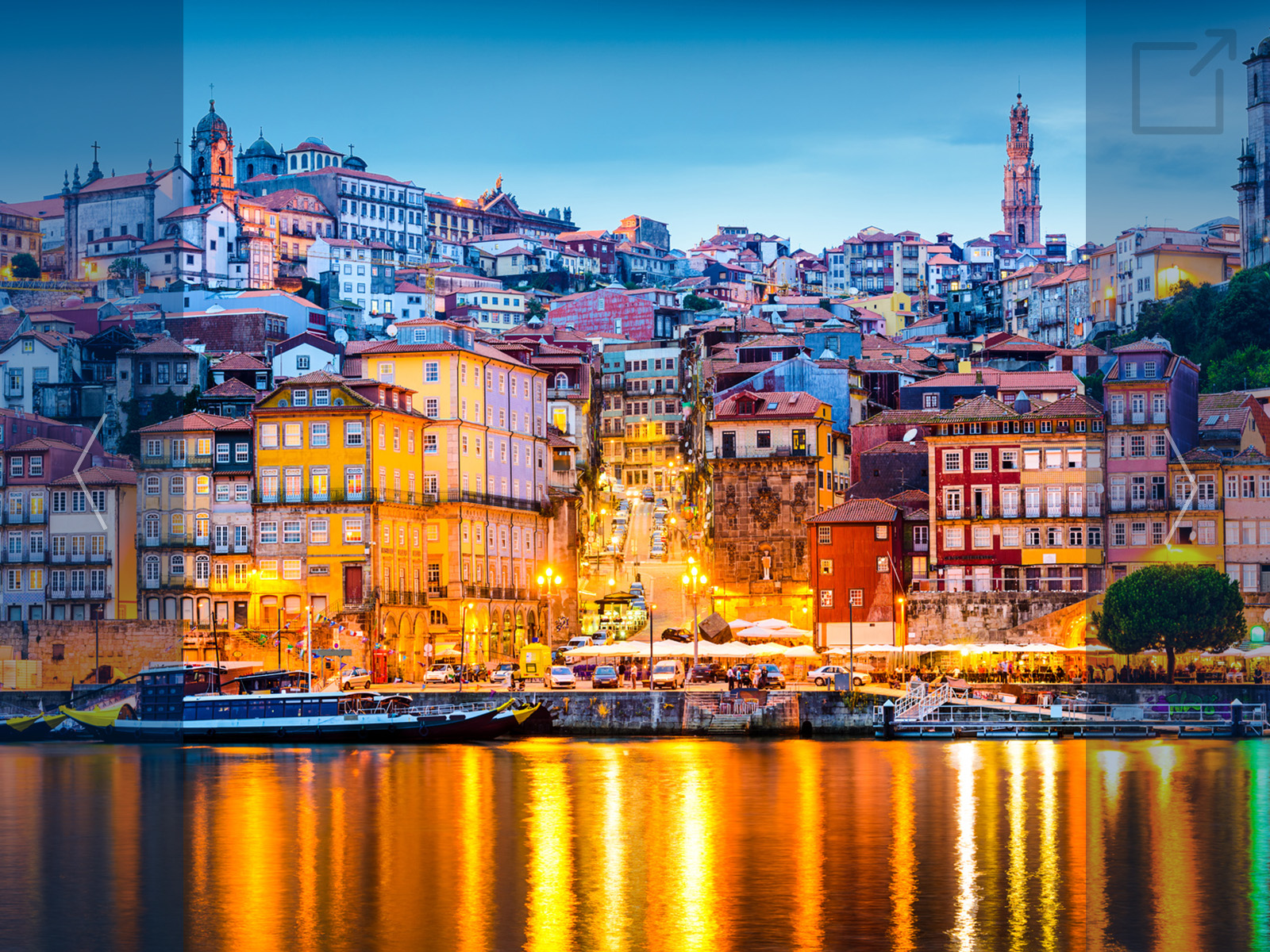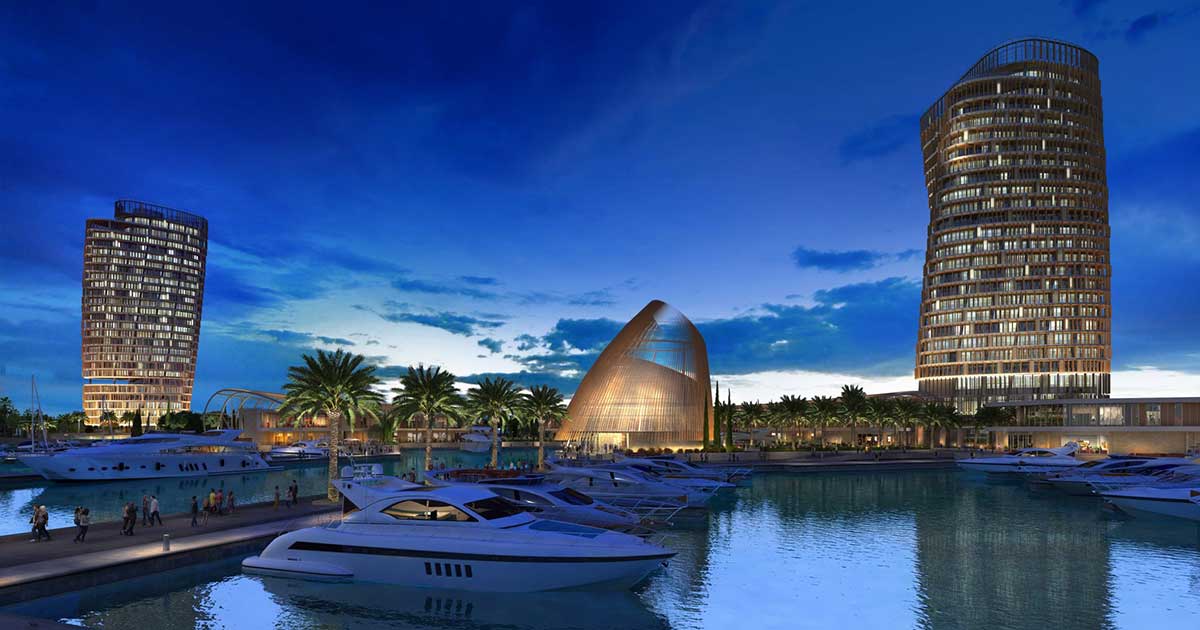Tourism has shown itself to be resilient over the last decade, shrugging off the impact of the financial and economic crisis of 2008. This strong performance points to positive returns for investors and broader opportunities for myriad economies. Ralph Nader, CEO of Amber Consulting, looks at why Portugal is holding its own in a competitive market.
Several large economies, including both emerging and developed ones, depend heavily on their tourism industry. While the big guns of US, Spain, France and Germany feature in the top five of The 2019 Business Confidence Index’s rankings for Best Countries for Investment in Travel and Tourism Sector, the top spot went to Singapore. Perhaps surprisingly, given that it was caught up in a major debt crisis from 2011 to 2014, Portugal also features in the annual executive report’s Top 20 countries, placing a highly respectable 17th out of 138 countries. So what makes this southern European country a draw for tourism investment?
What makes it special?
The 2019 Business Confidence Index considered 12 attributes when ranking the world’s most investor-friendly locations. These comprised: market size; infrastructure; property rights; favorable tax laws; fast-growing economy; investor-related laws; availability of workforce; investor-friendly environment; governmental red tape and restrictions; untapped potential and opportunities; ability to access investment funds if need be; and good government fiscal and monetary policy. Europe, the Middle East and Africa (the EMEA region) retained the largest share of the travel industry worldwide, with a market size of USD 644 billion, followed by Asia Pacific, with USD 506 billion, and North America (USD 501 billion).
‘All Eyes on Me’
Tourism growth. Portugal’s tourist numbers have risen uninterruptedly since 2010, with the sector serving as a powerful growth engine as the country exited the 2011-2014 debt crisis, leading to a peak in international tourism receipts. The sector grew by 8 percent to contribute € 38.4 billion (USD 45.5 billion) to the Portuguese economy, which represents 19.1 percent of total economic activity in the country, making it one of the biggest contributors to the national economy and the largest employer. This level of growth is the highest of any country in the EU and significantly above the EU average of three percent.
A solid backbone.
• Infrastructure. The top scorer for the tourist service infrastructure, Portugal ranked first globally thanks to exceptional hotel density, high ATM density (fourth) and high-quality tourism infrastructure (fifth).
• Safety. In 2019, Portugal was ranked the fourth-safest country in the world and the third-safest country by population, behind Iceland and New Zealand.
• Inexpensive. Daily travel costs in Portugal stand at about € 50 when on a budget, well below other popular European destinations, such as Spain (€ 80) and France (€ 130).
• Strategy. The 10-year tourism plan that was set by the government in 2017 also contributed to tourism growth, seeking to boost overnight stays, increasing revenue in the sector and reducing seasonality.
• Marketing. The government is investing in external and internal promotional campaigns and focusing on the importance of marketing, as evidenced by its decision to host the first International Conference on Tourism Marketing and Destination Branding in October 2019.
• Connectivity. In 2019, 15 new routes were added, with nonstop flights to Lisbon and Porto. In addition, low-cost carrier RyanAir has invested € 100 million in new flight routes to Portugal, flying from Lisbon airport to 35 cities in Europe and to 60 European cities from Porto.
Investing more. In 2018, Lisbon airport passenger numbers rose by 9 percent, bringing the facility to maximum capacity and limiting air accessibility. Vinci Airports, therefore, signed an agreement with the Portuguese government to finance the expansion of Lisbon’s airport capacity, by expanding the existing Lisbon airport and also open a new civil airport in Montijo, 25km from the city center. These elements together combine to make Portugal a highly inviting market and attractive destination for FDI in travel and tourism. Portugal is also a member of the European Union, meaning it offers access to a market of 28 countries with around 495 million consumers. On a separate note, it provides a gateway to a global market of 220 million Portuguesespeaking consumers.
Hotels in the pipeline. More than 180 new hotels are expected to be operating in Portugal by 2021, driven by the dynamic development of the tourism sector and anticipated growth.
• Most of the new openings are concentrated in the Lisbon and Porto regions, with a total of 8,000 rooms on course to be available in 85 hotels.
• Investment in hotels is also on the rise. In 2018, four major hotel transactions took place totaling € 205 million, topped only in 2015 when the figure reached a record-breaking € 255 million.
• Two of the biggest deals of the year were the sale of Penha Longa Hotel & Golf Resort in Sintra to the Carlyle Group, in partnership with Explorer Investments, and the purchase of the InterContinental Palacio das Cardosas in Porto by the GCP Group.


















